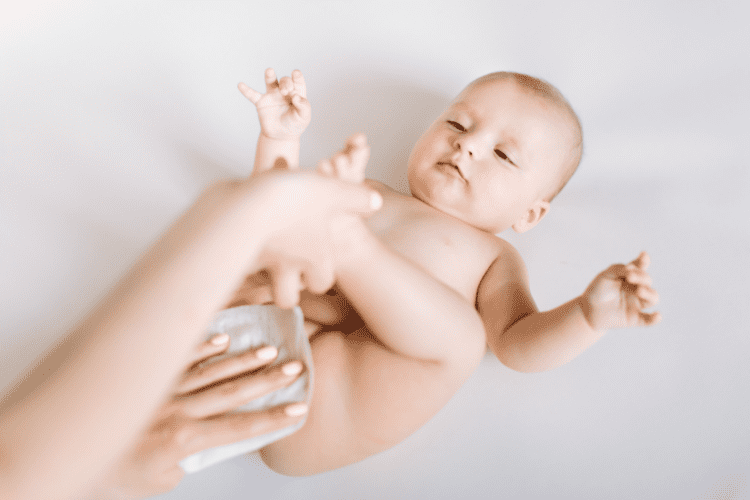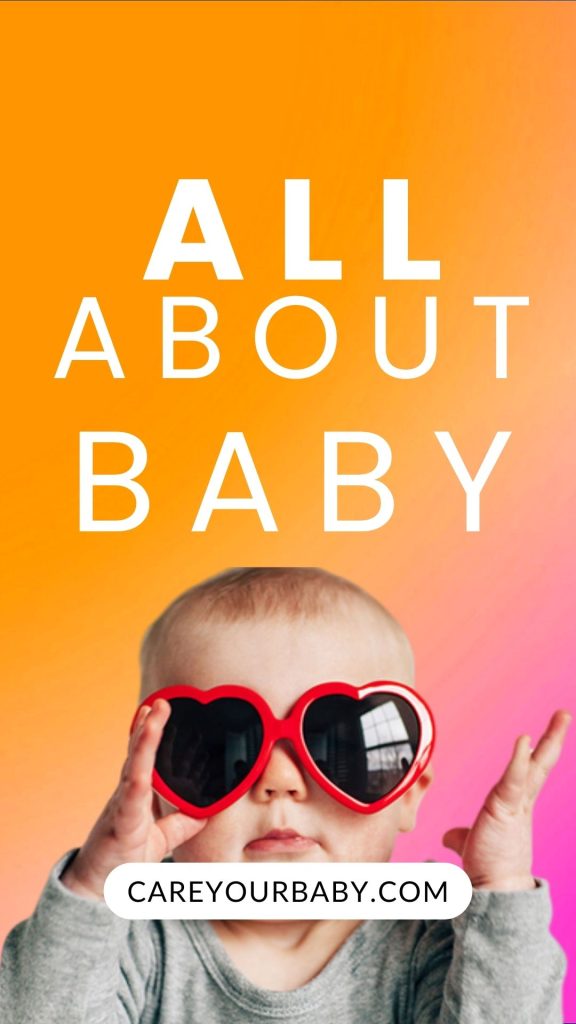Welcoming a new baby into your life is a joyful journey filled with countless moments of love and discovery. However, it also comes with its fair share of questions, especially when it comes to baby care essentials. One common query that many new parents find themselves pondering is, “How many wipes does a baby use?” Whether you’re preparing for your little one’s arrival or simply looking to streamline your diapering routine, understanding the average usage of baby wipes can help you better manage your supplies and budgeting.
In this comprehensive guide, we’ll explore the factors that influence wipe consumption, share practical tips for efficient use, and help you navigate the wonderful world of baby wipes, so you can focus on what truly matters—enjoying those precious moments with your baby!
Understanding Baby Wipe Usage in Daily Care

Baby wipes are an essential item in any parent’s daily routine, serving multiple purposes beyond just diaper changes. Understanding their usage can enhance convenience and efficiency in caring for your little one. Here are some common scenarios where baby wipes come in handy:
-
- Diaper Changes: The primary use, requiring between 4-8 wipes per change.
-
- Messy Hands and Faces: Wipe down after meals or playtime to keep your baby clean.
-
- Surface Cleaning: Quick clean-ups of toys, changing tables, or high chairs.
The number of wipes a baby goes through can vary significantly based on a few factors, such as age, diet, and individual needs. For instance, infants tend to use more wipes due to frequent diaper changes and more messes, while older babies may require fewer wipes as they transition to solid foods. Below is a simple breakdown:
| Age Range | Average Wipes per Day |
|---|---|
| Newborn (0-3 months) | 10-12 |
| Infant (4-12 months) | 8-10 |
| Toddler (12+ months) | 4-6 |
In addition to understanding how many wipes your baby needs, it’s essential to choose the right type of wipes for various tasks. Look for wipes that are gentle, hypoallergenic, and free from harsh chemicals, especially for sensitive skin. Here are some characteristics to consider:
-
- Natural Ingredients: Opt for wipes made from plant-based materials.
-
- Moisture Levels: Ensure they are adequately moist to effectively clean without tearing.
-
- Packaging: Resealable packs can help maintain moisture and ensure wipes remain fresh.
Factors Influencing the Number of Wipes Used
When it comes to determining the number of wipes used for changing a baby, several key factors play significant roles. **Age of the baby** is one of the primary influences; younger infants may require more wipes due to the consistency of their stools. As babies grow, the frequency of their bowel movements and the texture can change, often leading to a reduction in the number of wipes needed. Additionally, the baby’s diet, which evolves from breast milk to solid foods, can also impact the messiness of diaper changes.
Another essential factor is the type of diaper being used. **Disposable diapers** usually contain absorbent materials that may limit the need for excessive wiping, while **cloth diapers** can sometimes lead to more mess and require additional wipes for cleanup. Furthermore, the **type of wipes** chosen can influence how many are utilized. Some wipes are thicker and more absorbent, allowing parents to clean more efficiently, whereas thinner wipes may necessitate multiple applications for the same effectiveness. Here’s a quick comparison of different wipe types:
| Wipe Type | Absorbency | Average Wipes Used per Change |
|---|---|---|
| Thick Wipes | High | 2-3 |
| Standard Wipes | Medium | 3-5 |
| Thin Wipes | Low | 5-7 |
Lastly, parental preferences and techniques play a considerable role in wipe usage. **Comfort level with diaper changes**, experience, and the baby’s disposition during a change can affect how many wipes are used. Some parents may choose to be more thorough, thus opting for additional wipes to ensure complete cleanliness, while others may be more economical, aiming to reduce waste. Understanding these factors can help parents estimate more accurately how many wipes they may need on hand, allowing for better planning and preparation during those busy diaper-changing days.
Tips for Choosing the Right Wipes for Your Baby
When selecting wipes for your little one, consider their **ingredients** carefully. Look for wipes that are hypoallergenic and free from alcohol, fragrances, and other harsh chemicals that can irritate your baby’s sensitive skin. Many parents prefer natural or organic options that contain soothing ingredients like aloe vera or chamomile. Always check for dermatological tests or pediatrician recommendations as these can provide extra reassurance about the product’s safety.
Another aspect to consider is the **texture** of the wipes. Some babies need a thicker wipe to effectively clean during diaper changes, while others may prefer softer variants for sensitive areas. Experimenting with different brands can help you find the perfect balance. Additionally, check the **size** of the wipes; larger wipes can cover more area, which might come in handy during particularly messy situations.
consider the **packaging** and convenience of the wipes. Look for resealable packs that maintain moisture without drying out the wipes inside. Some brands offer travel-sized packs, which can be a lifesaver for on-the-go parents. Additionally, check if the wipes are **biodegradable** or eco-friendly, which can be an important factor for environmentally-conscious families. Choosing the right wipes can make diaper duty easier and keep your baby’s skin happy!
Sustainable Practices: Reducing Wipe Waste While Caring for Your Little One
As parents, we constantly seek ways to balance our children’s needs with our responsibilities toward the environment. One of the most effective ways to **reduce wipe waste** is by opting for **reusable cloth wipes**. These eco-friendly alternatives not only minimize landfill contributions but also offer a gentle touch on your baby’s sensitive skin. Simple to make or purchase, cloth wipes can be paired with homemade or natural cleansing solutions for a sustainable and cost-effective solution.
Another practice to consider is the **wipes’ water efficiency**. By choosing wet wipes that are biodegradable and made from sustainable materials, you can ensure that the wipes will decompose naturally over time. Look for brands that advertise eco-friendly ingredients and packaging. Additionally, you may want to integrate **water-based or vinegar-infused solutions** for cleaning, allowing you to use fewer wipes overall without sacrificing hygiene.
maintaining a **wipes usage log** can help you track and optimize your consumption. Consider establishing routines that reduce the frequency of wipe use, such as:
-
- Using toilet paper for certain cleaning tasks
-
- Incorporating washcloths during bath time
-
- Opting for diaper-free time to let your baby’s skin breathe
By incorporating these sustainable habits into your parenting routine, you contribute to a healthier planet while caring for your little one.
Q&A
Q&A:
Q1: How many baby wipes can I expect to use in a day?
A1: On average, parents may use anywhere from 5 to 10 baby wipes per diaper change. Given that most babies will go through about 6 to 8 diaper changes a day, you can expect to use between 30 and 80 wipes daily. This number can vary depending on your baby’s age, diet, and the types of messes they create.
Q2: Does the number of wipes used decrease as the baby grows?
A2: Generally, yes! Newborns tend to require more wipes due to frequent feedings and bowel movements, while older infants may have more consolidated poops, resulting in fewer wipes per change. As your baby transitions to solid foods, you may find that you use wipes less frequently, but it can still vary based on their individual habits.
Q3: Are there specific circumstances that might increase wipe usage?
A3: Absolutely! Certain situations can lead to heavier wipe usage, such as:
-
- Diarrhea or teething, which can cause more frequent bowel movements.
-
- Babies with sensitive skin may require additional wipes to ensure cleanliness and comfort.
-
- Messy feedings or drooling during teething can also contribute to the number of wipes used daily.
Q4: How can I choose the right number of wipes to have on hand?
A4: It’s good to start by estimating your daily wipe usage (about 40-80 wipes). Keep in mind that wipes usually come in packs of 50 to 100. If you have a newborn, consider stocking up on wipes as you may go through them more quickly. Monitoring your usage for a week or two can also provide a clearer picture of your family’s needs.
Q5: Are there eco-friendly options for baby wipes?
A5: Yes! Many brands offer biodegradable or reusable baby wipes, which can reduce the environmental impact. If you’re looking for eco-friendly alternatives, check the ingredients and packaging of wipes, or consider making your own using natural materials and solutions. This can also be a cost-effective option!
Q6: What’s the best way to store baby wipes?
A6: To keep wipes fresh and effective, store them in a cool, dry place. If you’re using a pouch or tub, ensure it’s sealed tightly to prevent them from drying out. It’s also helpful to keep some wipes in locations where diaper changes frequently occur, such as the nursery or your diaper bag.
Q7: Are there any tips for minimizing wipe usage?
A7: Certainly! Here are some ideas to help:
-
- Use cloth wipes for quick clean-ups during the day, especially for messy hands and faces.
-
- Only use as many wipes as necessary; sometimes one or two wipes can do the trick!
-
- For solid diaper changes, try folding the wipe to cover more surface area, allowing for fewer wipes to be used.
Q8: Is it possible to overuse baby wipes?
A8: While baby wipes are designed for use on delicate skin, overusing them—especially if they contain fragrances or alcohol—can potentially lead to irritation. Always opt for sensitive skin formulas if you notice any redness or rashes, and consider integrating cloth wipes or simple water on occasions when appropriate.
Feel free to reach out if you have more questions about baby wipes or parenting tips!
In Retrospect
understanding how many wipes a baby uses can help you better prepare for those early months of parenthood. While the number may vary based on your baby’s age, diet, and individual needs, being informed allows you to stock up wisely and manage your supplies effectively. Remember, every baby is different, so it’s essential to pay attention to your child’s specific routine. As you navigate this rewarding journey of parenthood, keep in mind that whether it’s diaper changes or messy meals, you’ll soon become an expert in your little one’s needs. We hope this guide has provided you with the insights you need to tackle those diaper duties with confidence and ease. Happy parenting!

